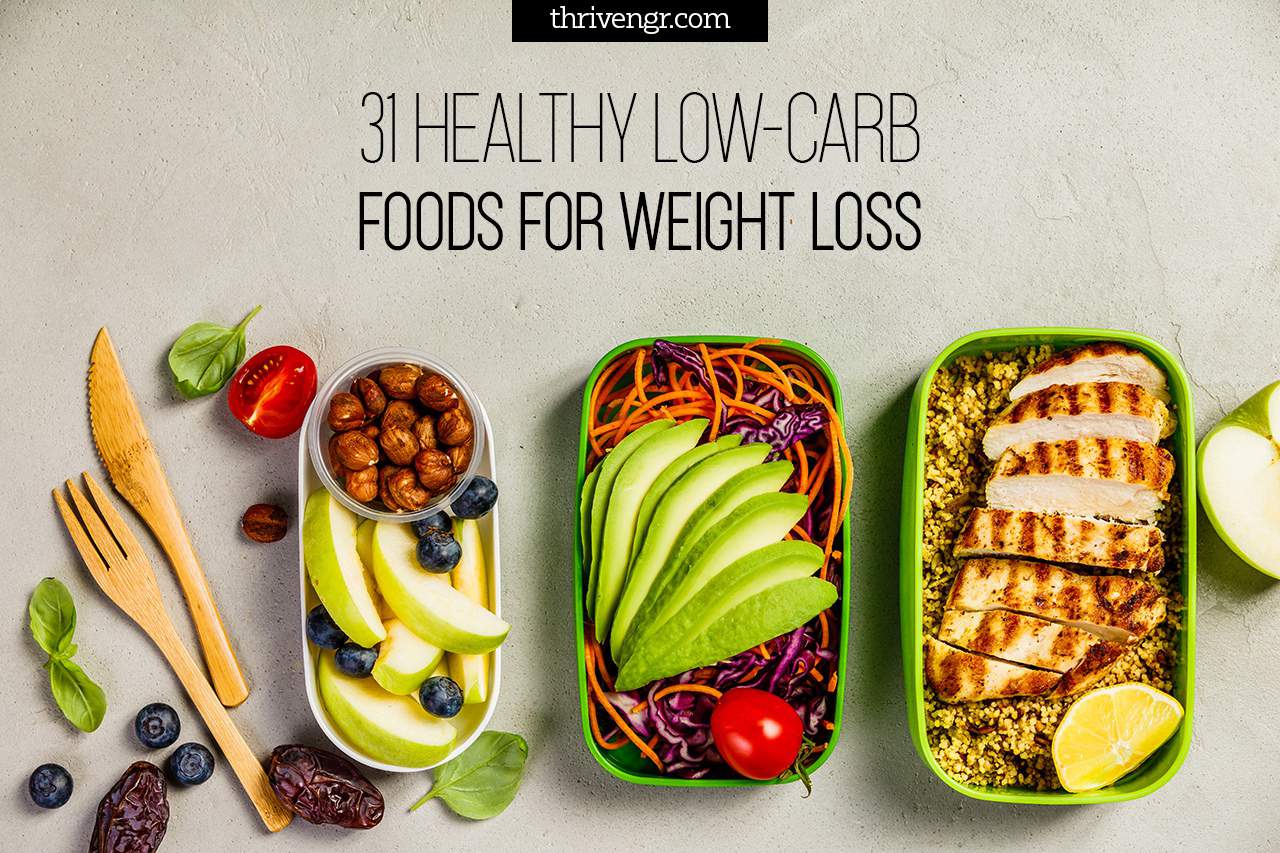Low-carbohydrate Food to Lose Weight

How Does a Low-carbohydrate Diet Work?
A low-carbohydrate diet works by forcing your body to burn fat for energy instead of carbohydrates. When you consume carbohydrates, your body converts them into glucose, which is then used for energy. However, if you don't consume enough carbohydrates, your body will use stored fat as its primary source of energy.
What Can You Eat on a Low-carbohydrate Diet?
On a low-carbohydrate diet, you can eat foods such as:
- Meat (beef, pork, lamb, chicken, etc.)
- Fish and seafood
- Eggs
- Low-carbohydrate vegetables (spinach, broccoli, cauliflower, etc.)
- Healthy fats (butter, olive oil, coconut oil, etc.)
What Foods Should You Avoid?
On a low-carbohydrate diet, you should avoid foods such as:
- Bread and other baked goods
- Pasta
- Rice
- Potatoes
- Sugar and sugary drinks
What Are the Benefits of a Low-carbohydrate Diet?
There are many benefits to following a low-carbohydrate diet, including:
- Weight loss
- Reduced appetite
- Lower blood sugar levels
- Lower blood pressure
- Improved cholesterol levels
What Are the Drawbacks of a Low-carbohydrate Diet?
While a low-carbohydrate diet can be effective for weight loss, there are also some drawbacks to consider, such as:
- Initial side effects (fatigue, headaches, etc.)
- Difficulty sticking to the diet long-term
- Possible nutrient deficiencies
- Increased risk of heart disease (if the diet is high in saturated fats)
How to Start a Low-carbohydrate Diet
If you're interested in starting a low-carbohydrate diet, here are some steps you can take:
- Consult with your doctor or a registered dietitian to determine if a low-carbohydrate diet is right for you.
- Gradually reduce your carbohydrate intake over several weeks.
- Increase your intake of protein and healthy fats.
- Focus on low-carbohydrate vegetables for fiber and micronutrients.
- Track your food intake to ensure you're staying within your daily carbohydrate limit.
- Stay hydrated and incorporate physical activity into your routine.
FAQ
Q: Is a low-carbohydrate diet safe?
A: A low-carbohydrate diet can be safe for most people, but it's important to consult with a healthcare professional before starting any new diet.
Q: How many carbohydrates should I eat per day on a low-carbohydrate diet?
A: The amount of carbohydrates you should eat per day on a low-carbohydrate diet depends on factors such as your age, gender, weight, and activity level. However, most people on a low-carbohydrate diet aim to consume less than 100 grams of carbohydrates per day.
Q: Can I eat fruit on a low-carbohydrate diet?
A: Some fruits are lower in carbohydrates than others, but they should be consumed in moderation on a low-carbohydrate diet. Berries, such as strawberries and raspberries, are a good option for their low carbohydrate content.
Q: What are some low-carbohydrate snack options?
A: Some low-carbohydrate snack options include:
- Nuts and seeds
- Cheese
- Hard-boiled eggs
- Vegetables and dip (hummus, guacamole, etc.)
Conclusion
A low-carbohydrate diet can be an effective way to lose weight and improve your overall health. By reducing your carbohydrate intake and increasing your intake of protein and healthy fats, you can force your body to burn fat for energy. However, it's important to consult with a healthcare professional before starting any new diet and to be aware of the potential drawbacks of a low-carbohydrate diet.
